If you’ve ever thought of visiting the crocodile-shaped island of Cuba, or run into someone recently returned from sultry nights in the country’s salsa halls, there’s a good chance you’ll have heard the phrase “See it before it changes.” And I don’t mean because of Hurricane Melissa.
The idea is that the centrally planned communist state, one of the last on Earth, will soon morph into America and a balmy Brigadoon full of people unencumbered by money, modern cars or Alexa will evaporate.
I think most people, if they knew what Cubans have endured, wouldn’t use that phrase, which is up there in its lack of tact with “they’re poor but they’re happy.”
But shortly after I arrived on the Caribbean island almost eight years ago, the same idea was put to me by a Cuban, although in a different way. She asked: “When does a revolution end?” That’s a question that has stayed with me. I remember my sweaty journey in from Havana’s José Martí International Airport that January 2018 evening. Having visited the island regularly before, on the cusp of turning 50 I’d come for a three-month break. I’m still here, married, with a four-year-old son.
The roadside billboards advertised nothing other than the government’s answer to my friend’s question: “¡Hasta la victoria siempre!” (An imperfect translation: “Until the eternal victory.”)
At the time, the country was still enjoying a great burst of hope that had begun in 2016, when then-US president Barack Obama flew in to “bury the last remnant of the Cold War.” The Rolling Stones played and Chanel used Havana as a catwalk.
Yet, the city still had rebel undercurrents that I remembered from earlier visits, a population of offbeat expats, some on the run from the US authorities. There were fraudsters and rogue CIA agents, Black Panthers and South and Central American liberation fighters – or terrorists, depending on your point of view.
It was still easy to meet Cubans who, if critical of the day-to-day work of the government, supported the Castro brothers’ grand project. The young intellectuals, the artists and musicians, were often offended by the abuse being thrown across the Florida Straits by the exile community in Miami.
The older generation were even more bonded to the revolution. Having answered Che Guevara’s call to subsume personal ambition to the common good, they were living on the promised reward of free healthcare and food.
The government, however, which controlled everything including the importation of food, was low on funds, a situation soon worsened by the Covid pandemic. Shortages cut in, with days-long lines for essentials. Botched economic reforms then saw inflation take hold and pensions and wages reduced, in real terms, to what is now less than $10 a month.
Soon many people were pondering when a revolution ends. In July 2021, protests erupted and were put down with force. Private entrepreneurs were given permission to import food, sold at prices far beyond what most people could pay. The rations of rice, sugar and beans distributed by state bodegas faltered.
While there have always been people who go through the street-corner rubbish bins, their numbers blossomed. Older people, their dignity still showing in their neat if frayed clothes, began to ask for money from other Cubans on the street. The fumigators who used to demand access to your house to spray for mosquitoes disappeared.
A grand exodus began, with estimates of up to 18 percent of the population leaving for the US, Latin America, Spain and oddly – due to a lack of visa restrictions – Serbia. Some fools even went to Russia to fight against Ukraine. The obsolescent electricity grid collapsed, again and again, and the water system with it. Power cuts have become a fact of life.
I live a far more privileged life than most of my neighbors, but I find the water shortages hard. Nothing spells “¡Hasta la victoria siempre!” like glancing up to see your child pooping on the floor when you haven’t had running water for two days. But, like the frog in boiling water (lucky him), somehow we seem to get used to it.
It’s not easy. As I write, the awful Hurricane Melissa, which caused chaos in Jamaica, carried on through Cuba’s east, bringing landslides, flooding and misery. Meanwhile, there is an outbreak of chikungunya fever, spread by the mosquitos that the state can no longer afford to spray against. (Chikungunya means “contortion” in Tanzanian Makonde, and is as much fun as it sounds.)
Yet, to my surprise, I still feel that same thrill as I take the sweaty journey in from the airport, past the increasingly faded slogans on the billboards, through this city of crumbling grandeur, to what’s become my home, looking forward to being among the Cubans once more. This is what I hope to write about in this column as we move forward.
So, when does a revolution end? I was talking to my Cuban friend again, blathering on about how her question could currently be asked of the American Revolution. But she remained focused on Cuba’s own, saying: “Maybe it’s already over, and we just haven’t noticed it.”
This article was originally published in The Spectator’s November 10, 2025 World edition.



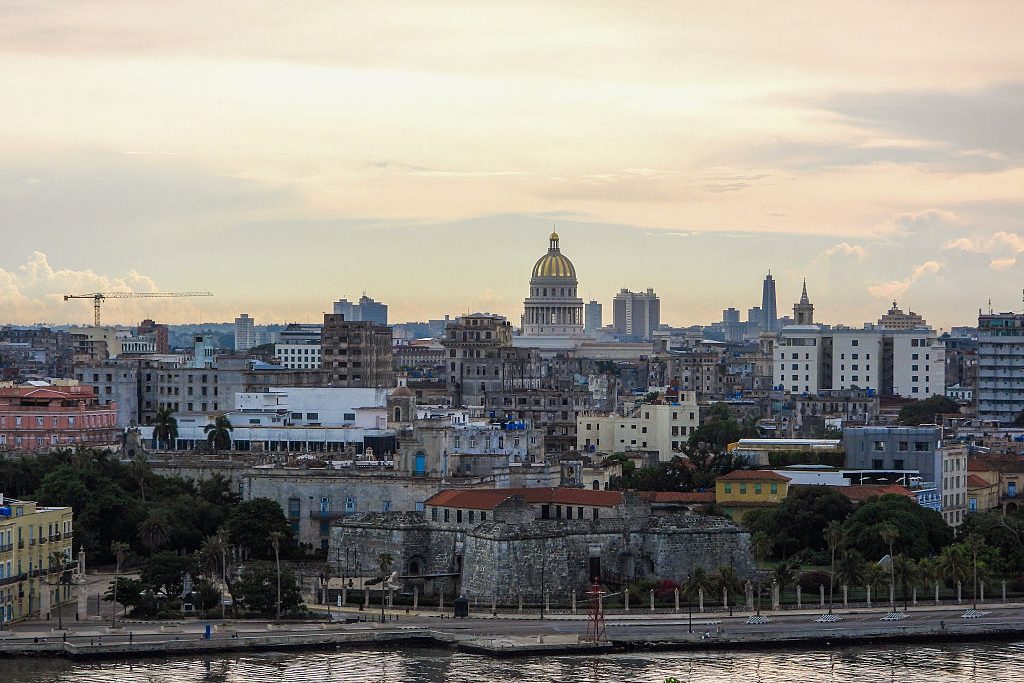






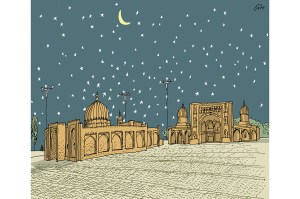
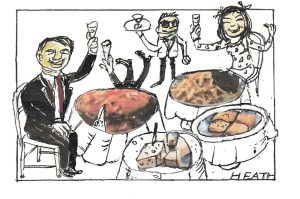

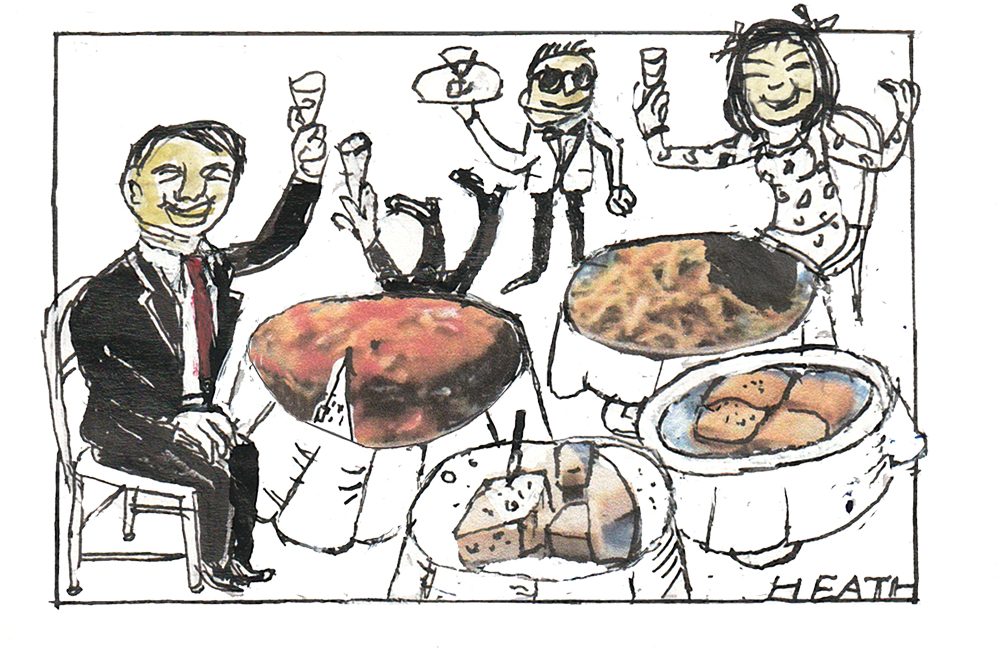
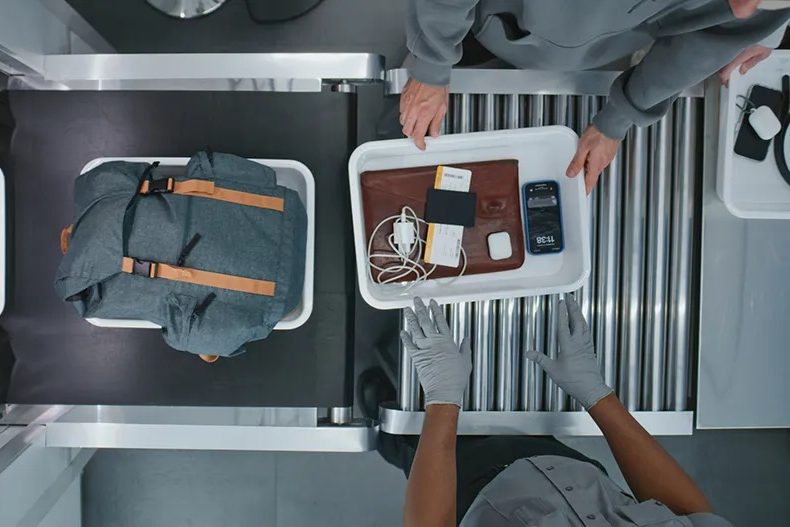
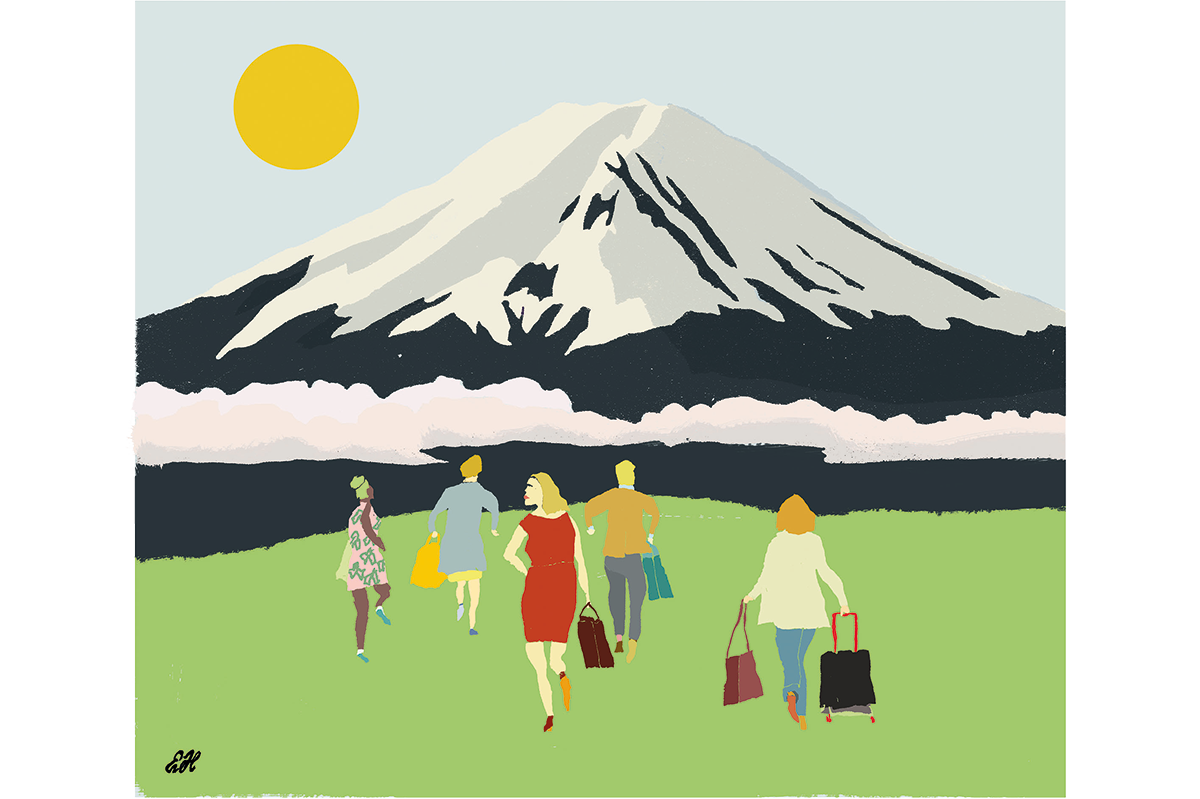

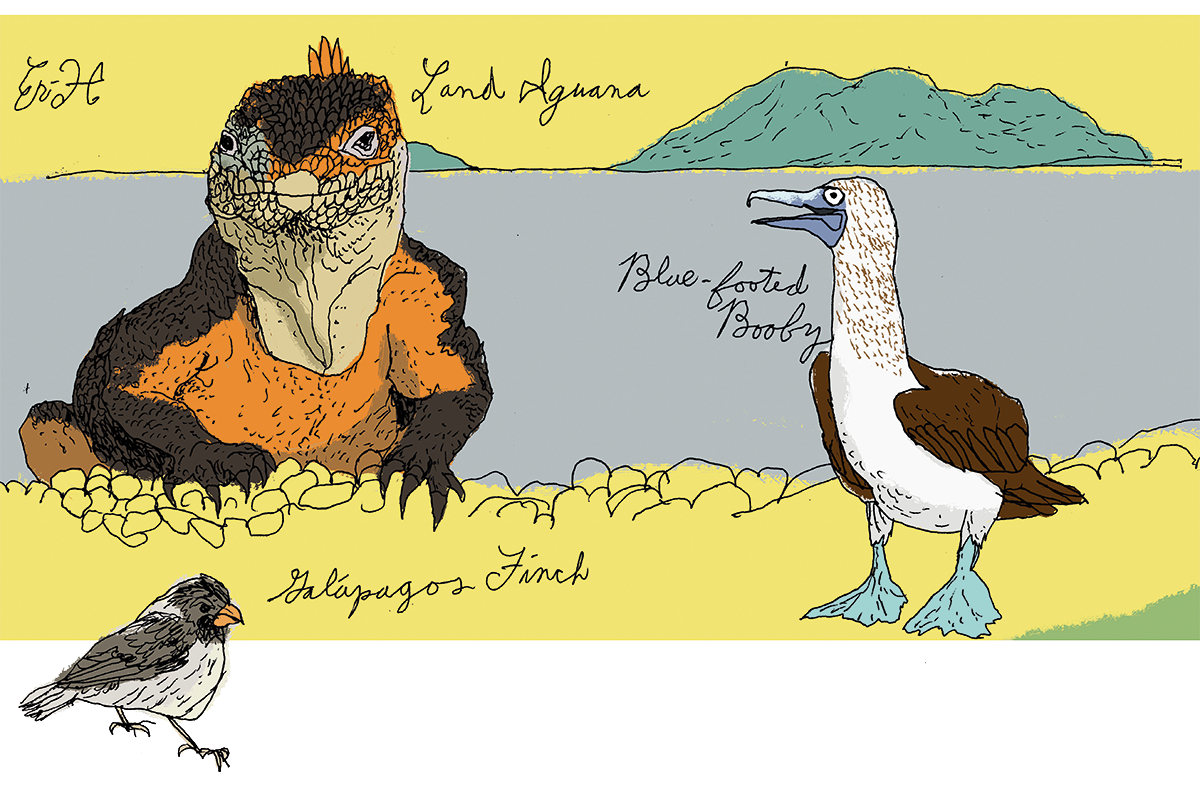
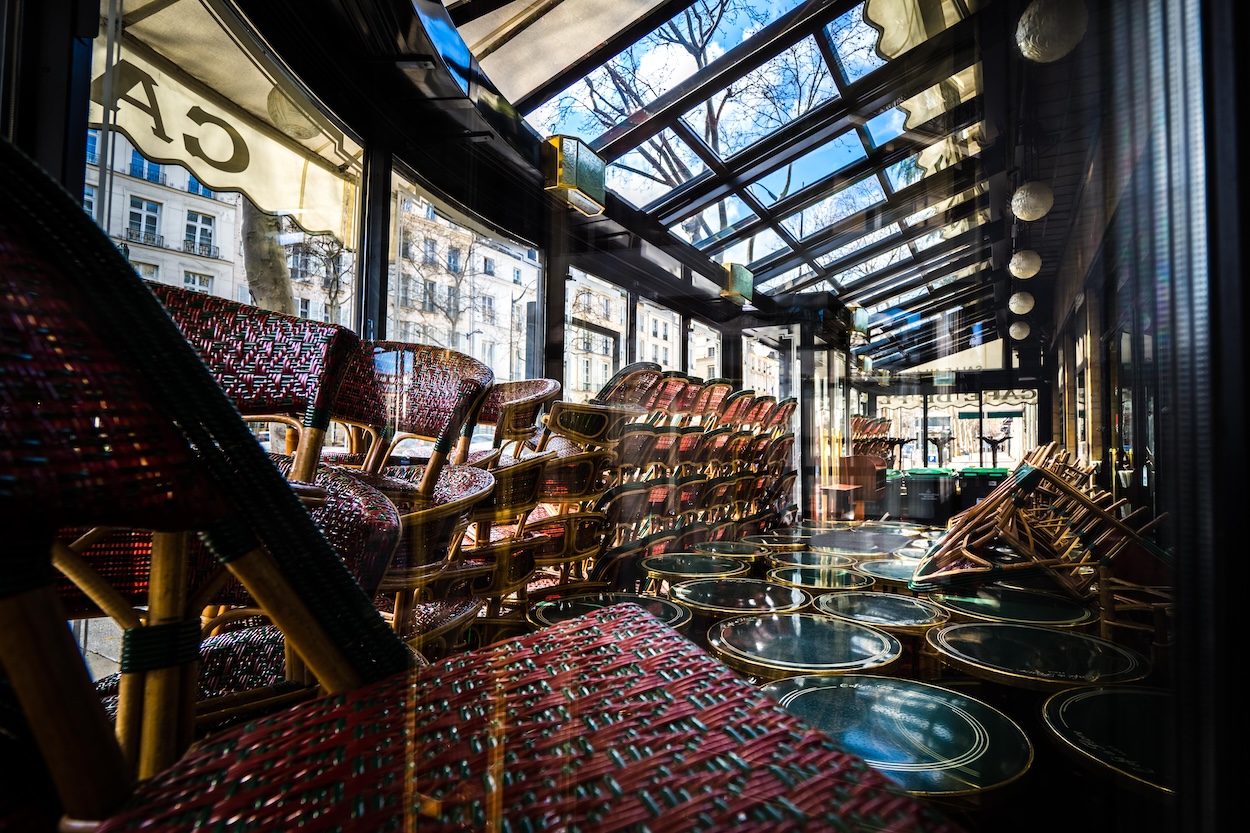







Leave a Reply